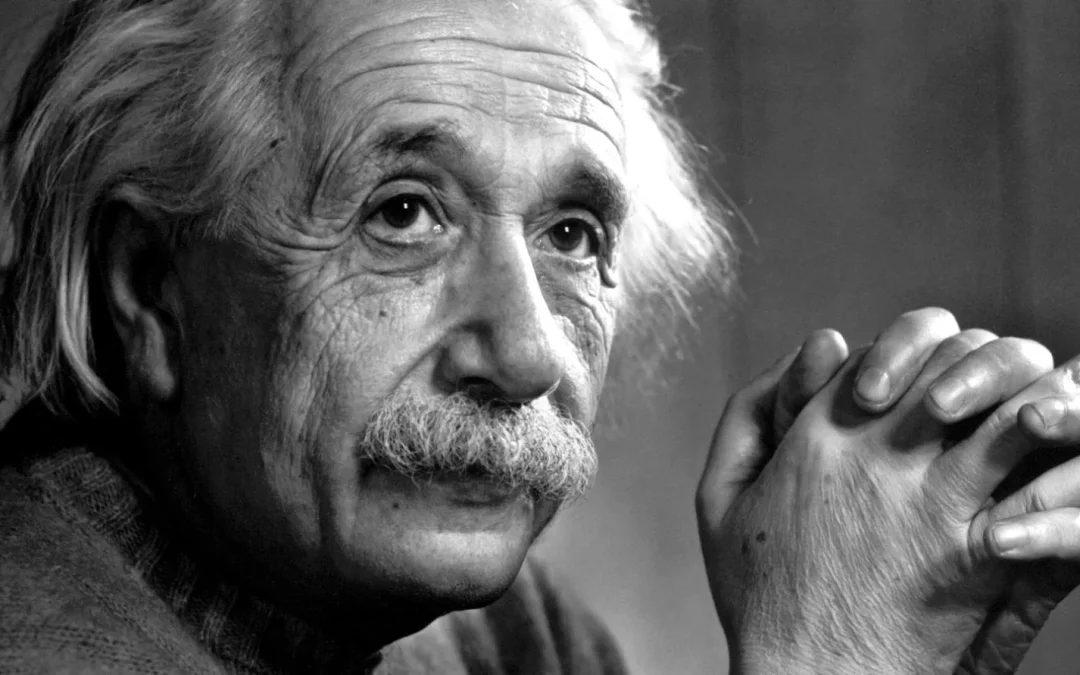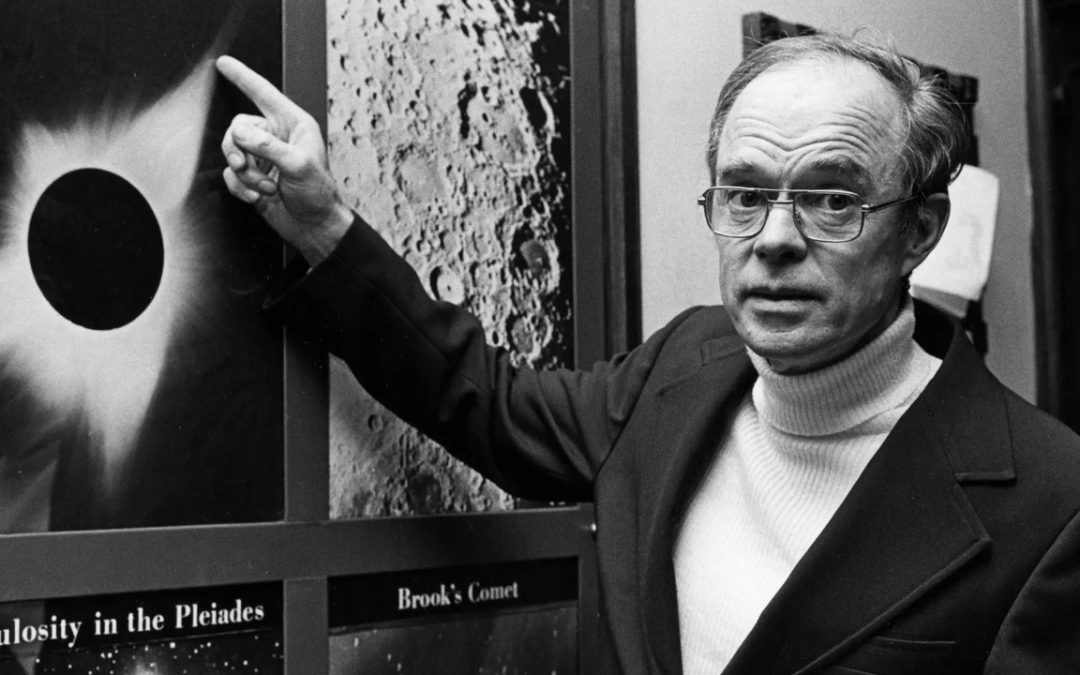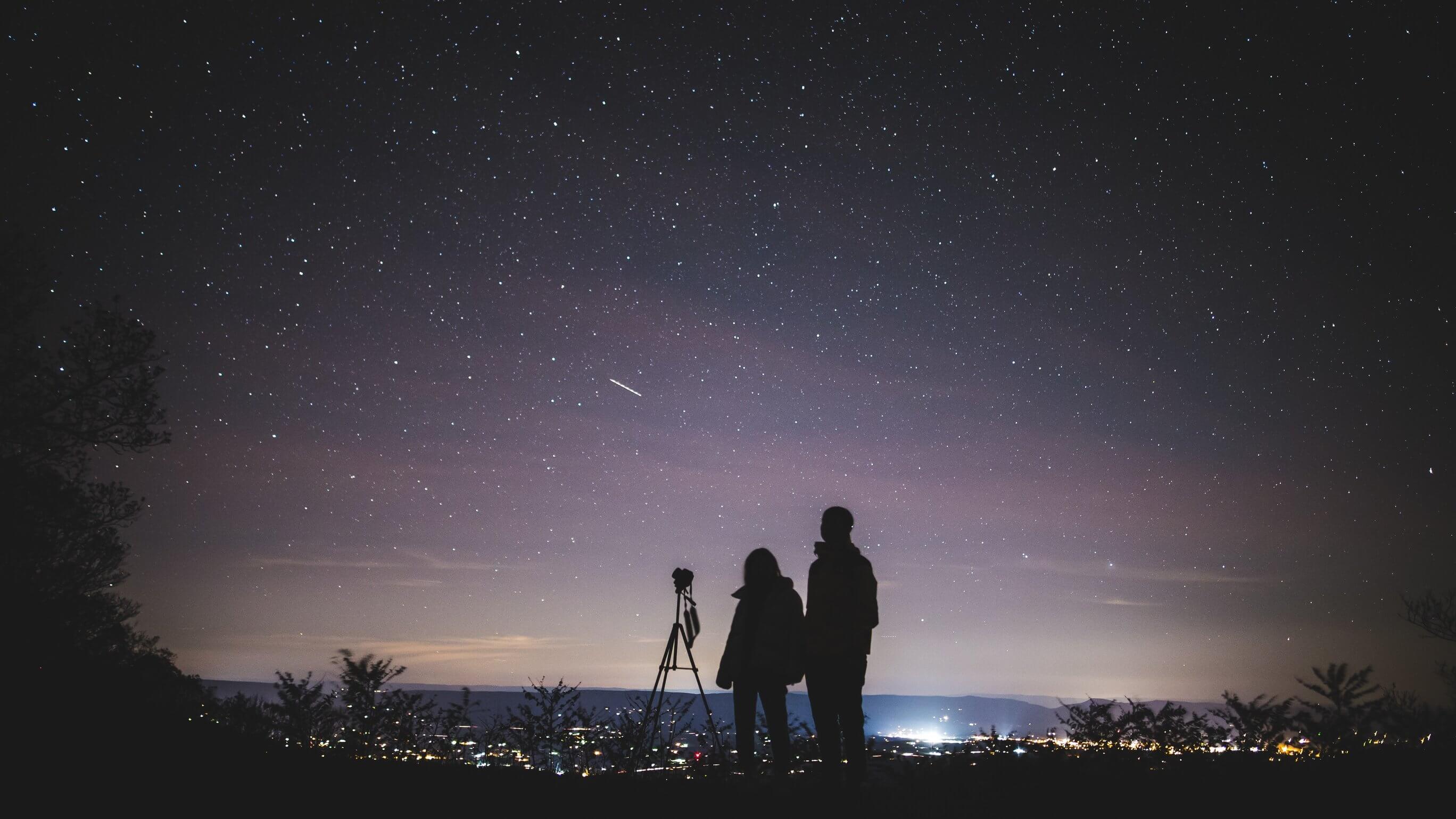What can we hope (or dread) to see in 2025? Today we’re gonna talk about the upcoming space stories for 2025 that we’re looking forward to.


What can we hope (or dread) to see in 2025? Today we’re gonna talk about the upcoming space stories for 2025 that we’re looking forward to.

2024 was a strange year! But, for space and astronomy we had some interesting, revolutionary, unsettling and downright weird stories pop up. Today let’s talk about them.

Last week we talked about the Einstein probe. So this week it is only natural that we talk about the man himself, Albert Einstein. He revolutionized the field of physics, played a vital role in the early 20th century and struggled to unite the forces of the Universe...

Let’s look at the Euclid of Alexandria, the father of geometry and his contributions in celestial mechanics and orbital calculations.

In our last episode, we talked about the Parker Solar Probe. Today, we talk about the person who inspired the mission

Few sciences have been able to take advantage of the power of computers like astronomy. But with all this computing power, you might be surprised to learn how important a role humans still play in this science.
Astronomy Cast’s 2014/15 season begins! With Rosetta’s arrival at Comet 67/P, we’re about to see a comet up close and personal. What will it take to explore, exploit and enjoy the asteroids and comets hurtling around our Solar System. And how does science fiction have it all wrong?
Have you ever wondered what it’s like to visit one of the big research observatories, like Keck, Gemini, or the European Southern Observatory? What’s it like to use gear that powerful? What’s the facility like? What precautions do you need to take when observing at such a high altitude?
Sometimes you can do science by watching patiently, and sometimes you’ve just got to get your hands dirty with an experiment or two. These two methods have their advantages and disadvantages for revealing Nature’s secrets. Let’s talk about how and why scientists choose which path to go down.
The Earth is wobbling on its axis like a top. You can’t feel it, but it’s happening. And over long periods of time, these wobbles shift our calendars around, move the stars from where they’re supposed to be, and maybe even mess with our climate. Thank you very much Precession.
When an object is orbiting the Earth, it’s really falling. The trick, described in the Hitchhiker’s Guide to the Galaxy, is how to throw yourself at the ground and miss. There are several different kinds of orbits, and they are good for different reasons. From suborbital jumps to geostationary orbit, time to learn everything there is to know about going around and around and around.